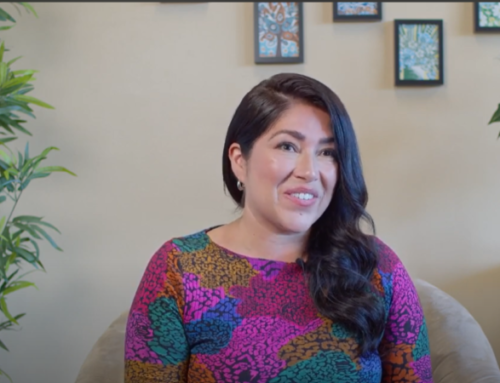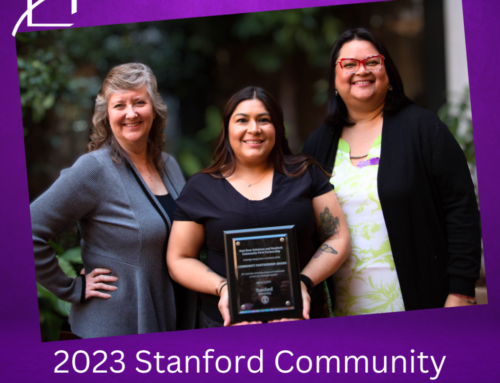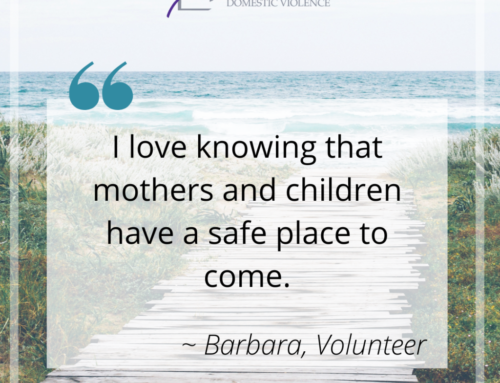Reprinted from Silicon Valley Voice
July 8, 2020
Police Calls May Not Reflect Prevalence
It’s hard to gauge domestic violence rates under COVID-19 stay-at-home orders.
A UCLA study published in May reports that domestic violence calls to police are up significantly since COVID-19 shelter in place orders were imposed in mid-March, although these are sometimes hard to tease out because domestic violence is sometimes lumped in with aggravated assault numbers.
In Santa Clara County, domestic violence agencies experienced a marked drop — 38 percent — in hotline calls, according to Peralez-Dieckmann. But as time passes, she said, calls are going back up to the normal level and some days are a bit higher.
San José police saw a small increase — 7 percent — in domestic violence calls in the first month of the shelter in place order, according to an April report [domestic violence covid-19 SJ report]
Santa Clara domestic violence calls have decreased 10 percent year-over-year from March 2019 through June 2019 — from 211 to 190, according to SCPD statistics. Domestic Violence arrests are likewise down from 60 during the same period in 2019 to 49 in 2020.
These aren’t surprising numbers. “When we talk to callers they say violence and abuse is intensifying,” Peralez-Dieckmann said. “But victims are sheltered with perpetrator and abusers can monitor them. This creates a new situation, where people can’t reach out. We think when the Shelter-in-Place is over we’ll have a barrage of calls.”
Peralez-Dieckmann wants people to know that it’s still possible to get help. “We’re still removing victims and filing restraining orders,” she said.
“Courts are still operating for domestic violence and we can get restraining orders. Any domestic violence agency can help get one. We just need a signature — victims can drive up and sign — and we will file remotely.”
Next Door Solutions has brought on extra staff, said Peralez-Dieckmann, and the agency support groups are still meeting online and through conference calls.
“We get calls from people in isolated situations,” she said. “When they begin the process we help them figure out the safest way to proceed. Survivor-centric advocacy means we help victims make their own decisions.
“We always keep in mind some perpetrators are extremely violent,” she continued, “and restraining orders can make the situation more dangerous.”
For those who know of or suspect domestic violence behind the scenes, Peralez-Dieckman urges, “Ask the victim if they want you to do something. Sometimes people just need to talk, but aren’t ready to act.”
County’s Pro-Arrest Policy
Santa Clara County has a pro-arrest policy for domestic violence. If there are signs of violence, officers must arrest.
“This ensures primary safeguard,” said SCPD Assistant Police Chief Wahid Kazem in a 2017 interview.
“It takes the decision-making out of the hands of the victim. Officers never ask the victim if they want the alleged accuser arrested. If there is no injury, a supervisor must visit the scene for a review before a non-arrest is allowed.”
Getting Help
If you are in immediate danger call or text 9-1-1.
Domestic Violence agencies can provide shelter and housing, legal services, counseling, case management and other support and resources to meet basic needs.










